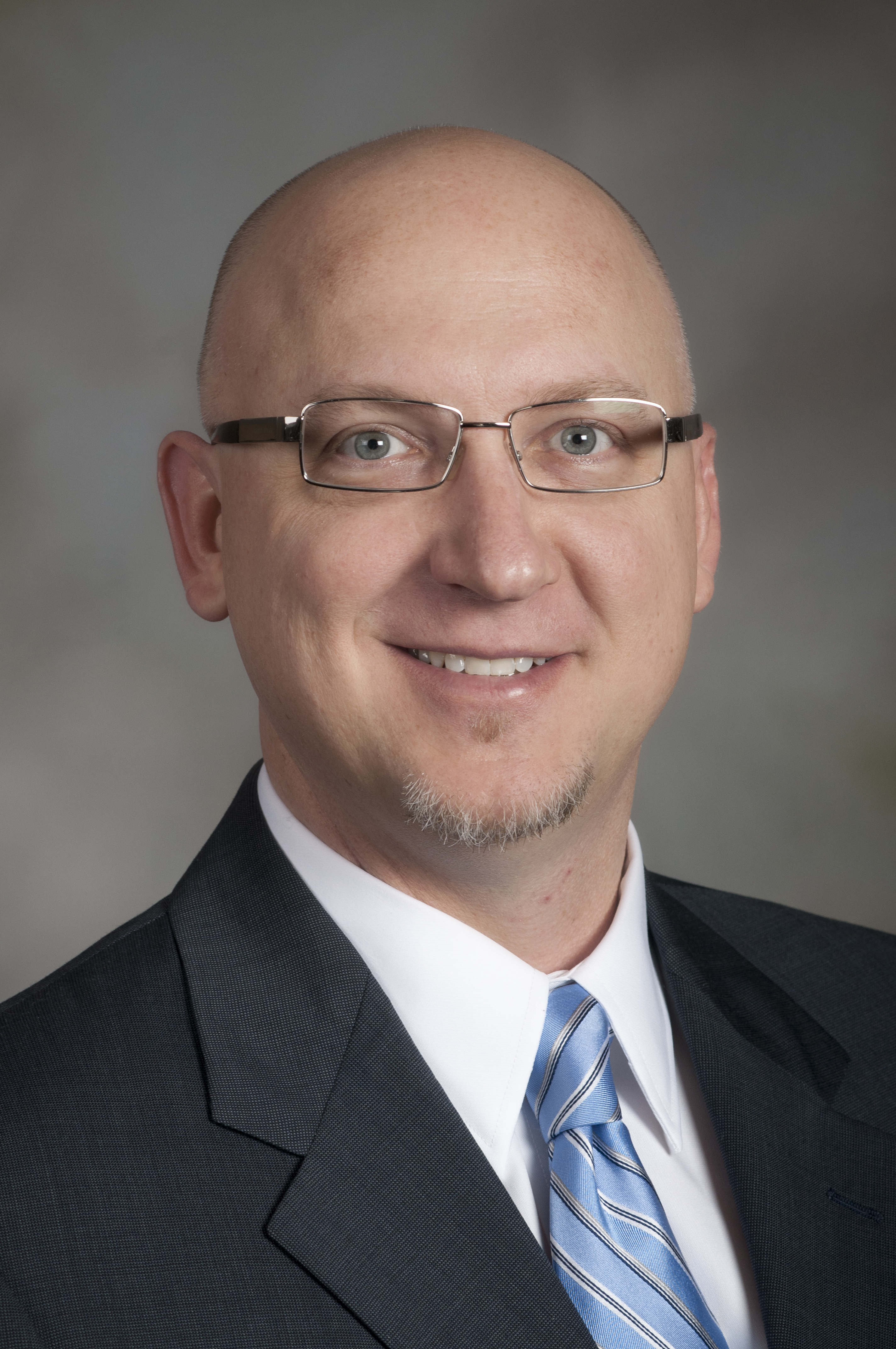John Taylor named Preston and Catharine White Fellow

Editor's note: This story has been updated to more accurately report John E. Taylor's title.
BLACKSBURG, Va., June 23, 2015 – John E. Taylor, associate professor of civil and environmental engineering in the College of Engineering at Virginia Tech, has been named Preston and Catharine White Fellow by the Virginia Tech Board of Visitors.
The fellowship is funded from the Preston and Catharine White Endowment for the Myers-Lawson School of Construction. The endowment was established in 2008 with a $1 million commitment from Preston White, a member of the Class of 1962 who earned his bachelor’s degree in building construction, and his wife.
The Myers-Lawson School of Construction is housed jointly in the College of Architecture and Urban Studies and the College of Engineering.
A member of the Virginia Tech community since 2011, Taylor also is a faculty member in the Vecellio Construction Engineering and Management Program. His research focuses on civil engineering network dynamics of industrial and societal importance, including globalization dynamics, energy efficiency dynamics, workforce virtualization dynamics, and information system integration dynamics.
He was recently honored with the American Society of Civil Engineers Construction Institute's 2015 Daniel W. Halpin Award for Scholarship in Construction. He was selected for his "broad and deep, path-breaking research on the effects of dynamic interpersonal and inter-organizational networks on the outcomes of constructed facilities over their lifecycle."
Taylor also serves as director of the Civil Engineering Network Dynamics Lab and has been recognized with the Loganathan Teaching Award for Excellence in Civil Engineering Education. He has received the XCaliber award and the Construction Industry Institutes’ Distinguished Professor Award.
He received a bachelor’s and master’s degrees from Tulane University, a second master’s degree from the Swiss Federal Institute of Technology, and his Ph.D. from Stanford University.
Dedicated to its motto, Ut Prosim (That I May Serve), Virginia Tech takes a hands-on, engaging approach to education, preparing scholars to be leaders in their fields and communities. As the commonwealth’s most comprehensive university and its leading research institution, Virginia Tech offers 240 undergraduate and graduate degree programs to more than 31,000 students and manages a research portfolio of $513 million. The university fulfills its land-grant mission of transforming knowledge to practice through technological leadership and by fueling economic growth and job creation locally, regionally, and across Virginia.




